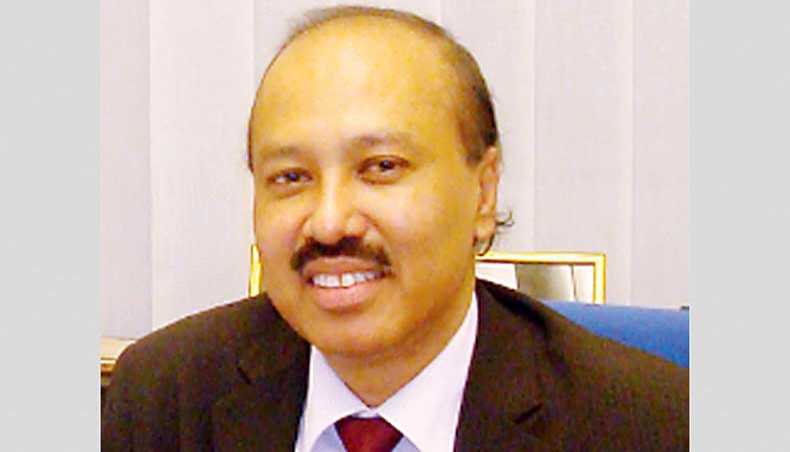Women with poor skills exposed to abuse: Bikash Chowdhury Barua

Image collected
Global Academy on Migration and Development director Bikash Chowdhury Barua said that lack of skills and poor access to information had made women vulnerable to abuse in a country, where they had gone for jobs.
The situation had changed for the worse thanks to a group of traffickers, middlemen or agents, who took the advantage of poor economic conditions of those women at home, enticed them to a dream of better future and sent them abroad without any proper training or skills, he said.
No doubt, he said, migration contributed to women empowerment allowing them to access to employment. It had also contributed to improving gender equality and enabled women to make independent decisions at home, he added.
‘But it comes at a price. We often see inhuman stories of Bangladeshi female workers… they are often being abused, sometimes sexually, by their masters in the countries where they go for work… in recent times we’ve seen a series of such stories from Saudi Arabia,’ he said.
In the recent past, the number of Bangladeshi women seeking jobs abroad had dramatically increased when the age limit was reduced from 35 years to 25 years in 2006, he noted.
Until 2002 female migrants from Bangladesh was only 1 per cent, he said, adding that migration of female workers had substantially increased since 2010.
In an interview with New Age, he said that most female migrants were uneducated and unskilled, which was one of the key challenges.
‘With little or no education, professional experience and poor access to information, women, in their desperate bid to come out of poverty, fall victim to fraudulent middlemen and suffer,’ he said, adding that a safe and proper channel for migration should be ensured for women.
It was the unskilled female workers, who went to the Middle East countries as a housemaid or with low-paid jobs, faced such abuses and at once stage, they were forced to return home empty-handed, said the expert.
He insisted that if the government ensures a regular mechanism to monitor the migrant women it will reduce their vulnerabilities.
Bikash said that the female migrant workers should have access to the right information at every stage of migration.
‘Only then the vulnerability of female migrant workers, pre-mature return, physical and sexual abuse and risk of becoming undocumented will be reduced,’ he said.
Bikash, the chairman of BASUG, a diaspora organisation based in Europe (registered in the Netherlands and Germany) said that of 235 million migrants globally today nearly 50 per cent are females.
‘In recent years we have witnessed a sort of ‘feminisation of migration’ as the rate of female migration is growing faster than the male migration and this is happening mainly in the developing countries, including Bangladesh.
He said that women migration from Bangladesh started in the 1980s when only professionals such as doctors, nurses and teachers were allowed by the government to work abroad.
‘But the challenges could be turned into opportunities if the female migrants could be ensured proper jobs, proper treatment in the hands of their employers and wages,’ he said.
‘This could be ensured by introducing a monitoring mechanism to observe the employer-workers relationship, working condition, health issues, wages, safety and other benefits. And the governments at both the ends should be engaged to ensure this monitoring mechanism,’ he added.
He said that there are always demands for other jobs for female workers such as au pair, sales girls and health assistant. ‘Unfortunately, our women are not educated enough to get jobs in these sectors. They need to be trained first and then go for finding out for jobs abroad.’
He said that measures are needed to be taken from the start of the migration process to the workplace abroad.
‘It should be the responsibility of the government to ensure the safety of its female workers, who in return will send the much-needed remittance for the economy of the country.’
Source: http://www.newagebd.net
Tags :
Previous Story
- Textile can turn a $300-bn industry by 2030:...
- Tiger Energy agents visit BD
- Singapore tells Facebook to correct user's post in...
- Powerful storm interrupts nation’s busiest travel weekend
- Economic indicators contradict GDP growth figure: economist
- DSE profits hit 7-yr low on market woes,...
- Stocks expand picking up streak in the midst...
- BIDA boss charms more ventures from UK